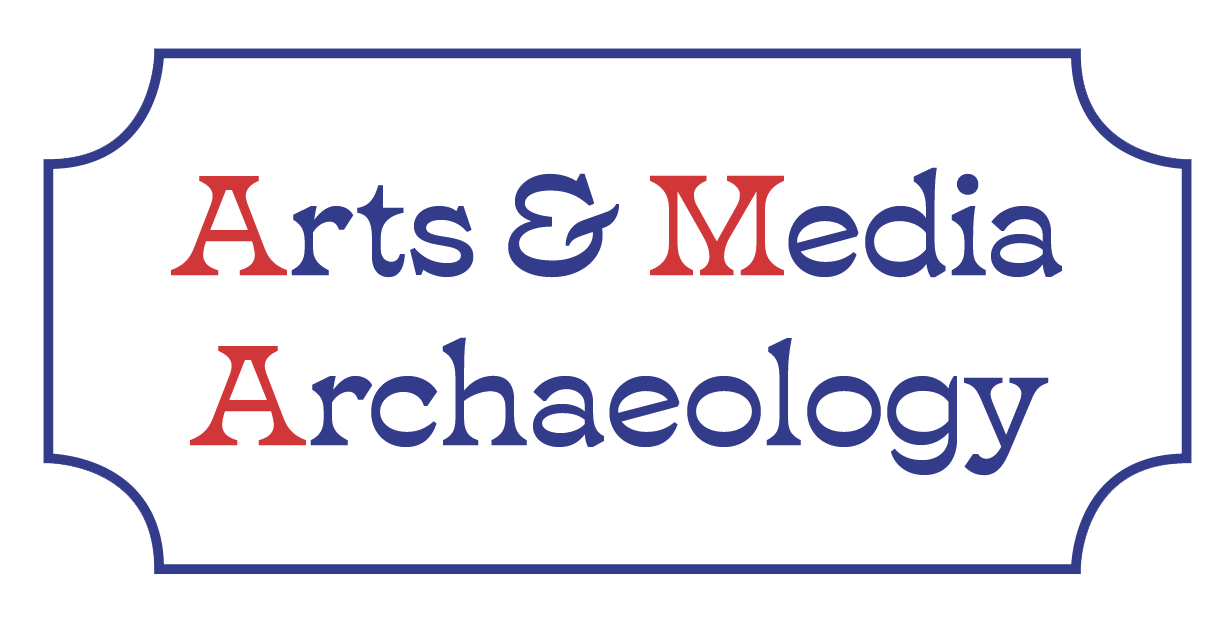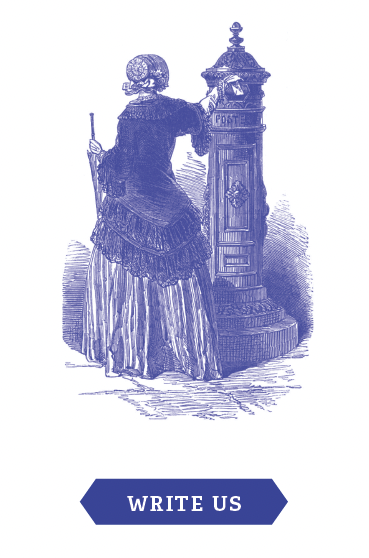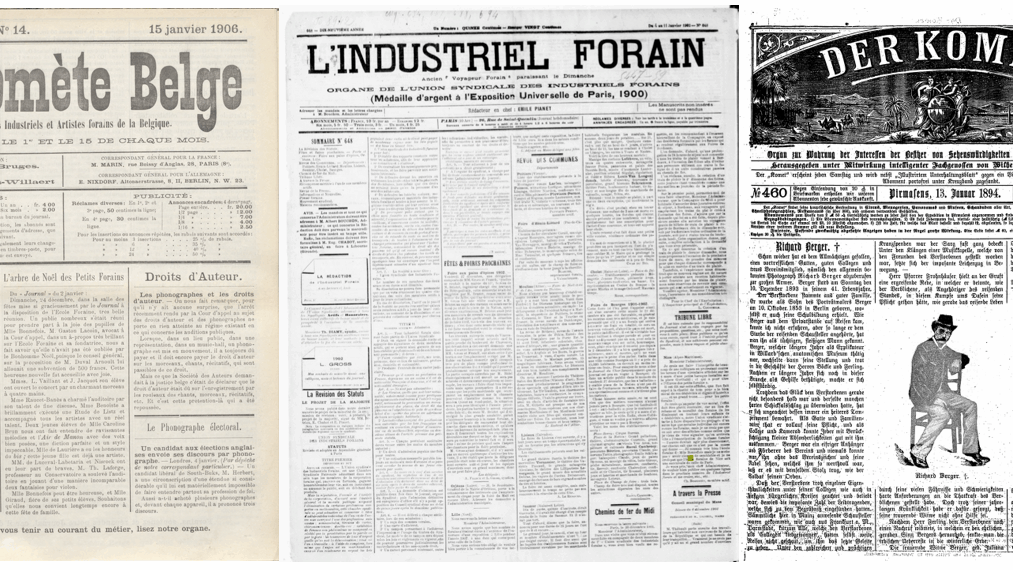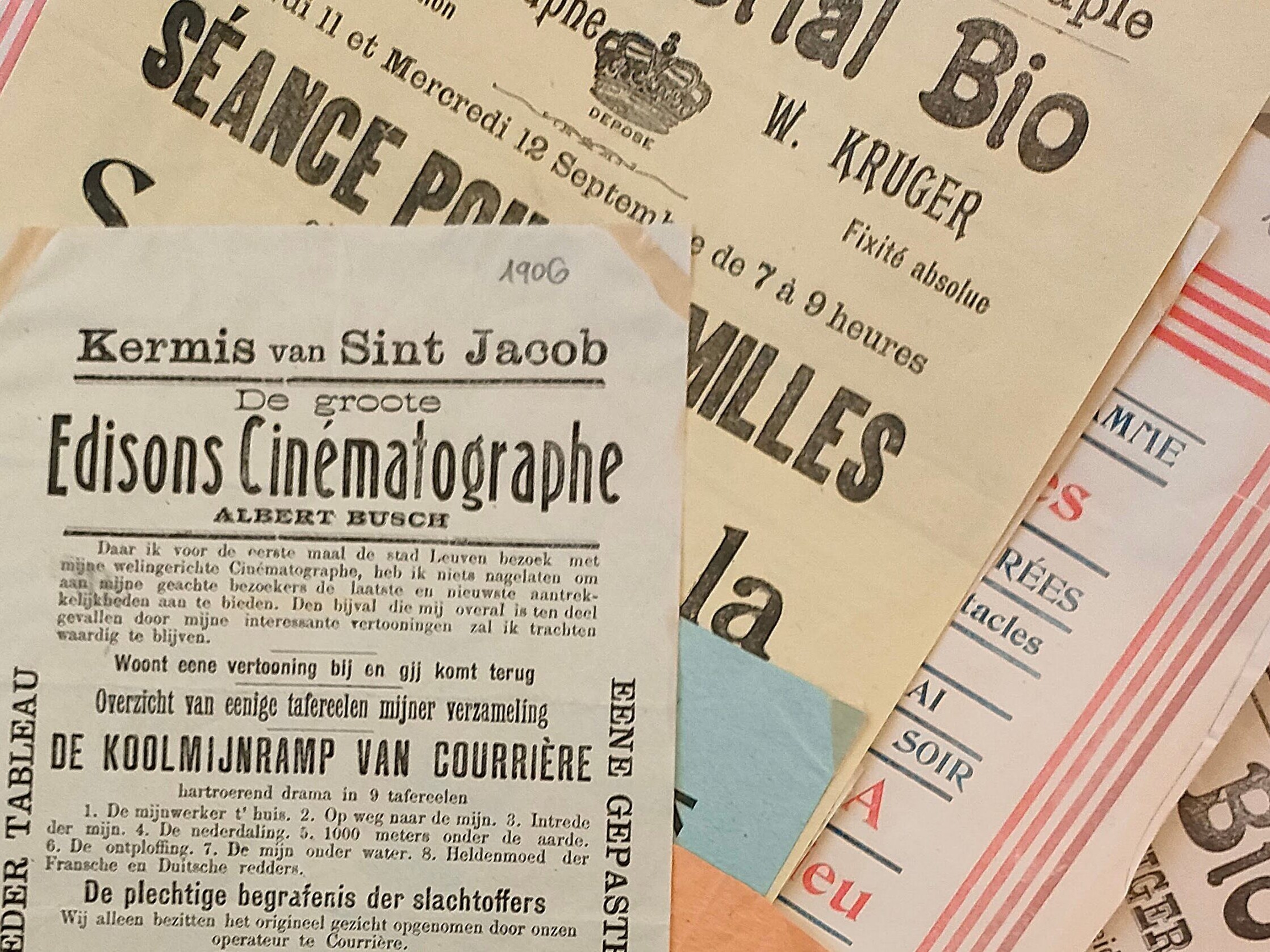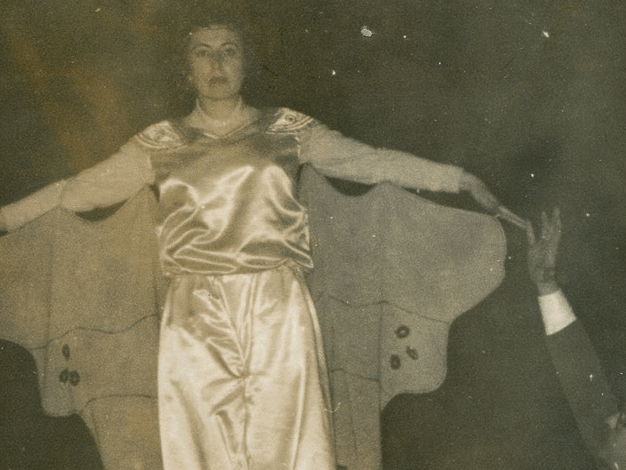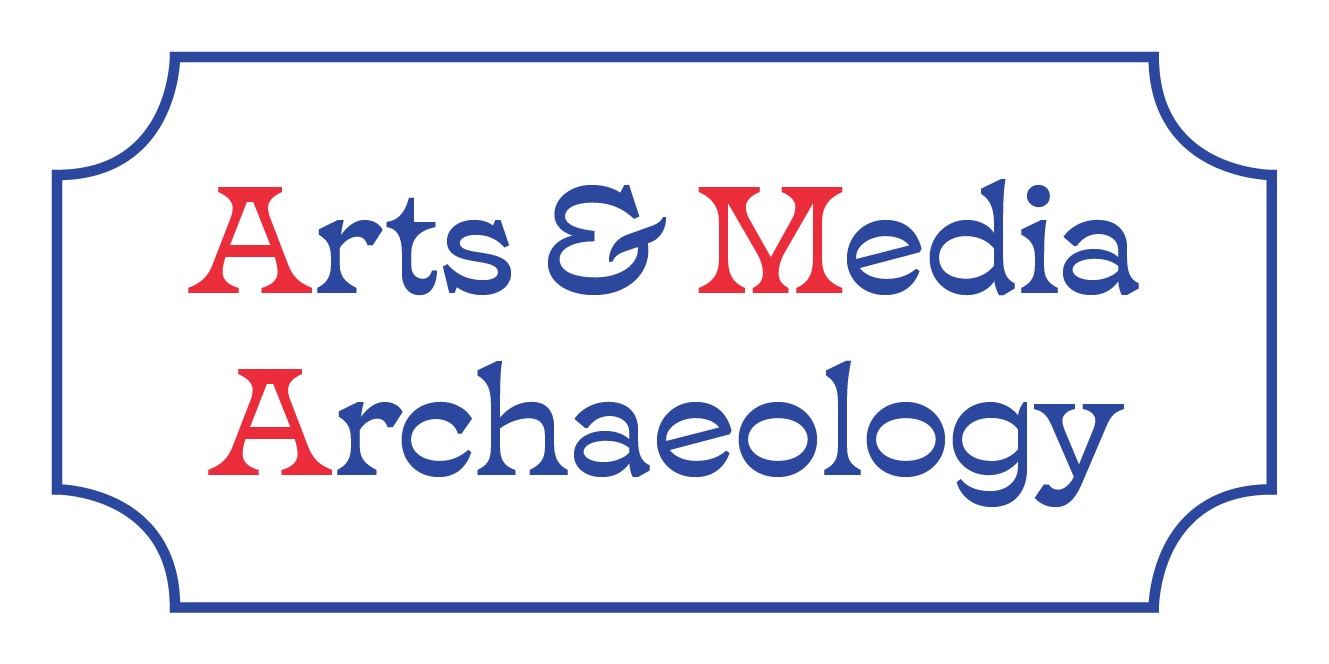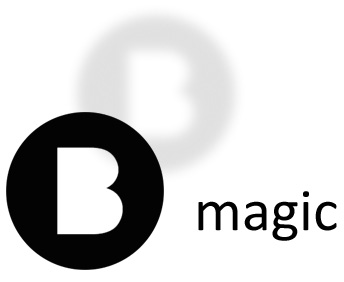THIS BLOG is created by the Arts & Media Archaeology team at the Antwerp Research Institute for the Arts (ARIA, UAntwerp) and associated colleagues. We want to offer a peek behind the scenes of our research, including visits to unique archives or remarkable private collectors, seminars with international speakers, media archaeological experiments, and inspiring cases. Our aim is to showcase the varied and challenging nature of our research process.
Subscribe toour newsletter
Questions orsuggestions?
LATEST ARTICLES
Unlocking lists in itinerant showpeople periodicals with AI
by Eva Andersen
14 November 2025
At the end of the nineteenth century, periodicals such as La Comète Belge were an important professional and social communication medium, connecting itinerant showpeople across Europe. It was used to circulate news, advice, complaints, meeting minutes, marriages, rumours, and much more. Tucked away between these longer stretches of text, is a remarkable set of practical lists, called “maisons recommandées”. These offered showpeople trusted places to eat, sleep, repair equipment, or simply meet colleagues while on the road. I was curious about the location of these establishments, the services they offered, and the changes they went through over time. These are all aspects we currently have no knowledge of.
Unearthing precious fairground ephemera: From discovery to preservation
by Bart G. Moens
29 August 2025
In the shadow of the Royal Library of Belgium in Brussels, an extraordinary collection of over four hundred fairground ephemera recently surfaced at a vintage…
“What every young man should know and every young woman should see”. How you could learn all about pregnancy and childbirth at the fairground
by Julie De Smedt, Nele Wynants, Elisa Seghers
6 June 2025
The fair used to be a place to have fun, but also to discover something new. Young and old alike prepared to visit the lion tamer, the boxing stall, or the…
From Congo atrocities to Ruwenzori heroism: The power of visual campaigns in Belgian colonial lantern lectures
by Nele Wynants, Marte Van Hassel, Karel Vanhaesebrouck
22 October 2024
One of the most arresting images from Belgian colonial history is the photograph of Nsala of Wala gazing at his daughter’s severed hand and foot, taken by…
About
This blog is an initiative of the Arts & Media Archaeology team at the Antwerp Research Institute for the Arts (UAntwerp) and associated colleagues.
We study the circulation of science, knowledge and visual culture through popular entertainment in the long nineteenth century. How were science and technology introduced to large audiences? What forms of knowledge were transmitted and disseminated through popular culture? What role did visual media play in the circulation of knowledge? At the same time, we look at how this culture continues to affect us today with attention to the changing relation between art and science.
Our interdisciplinary team brings together artists and researchers from Art and Performance Studies, Media Archaeology and Cultural History. We share an interest in the interactions between performance, science and technology, and their media archaeological entanglements.
FIND OUT MORE ON OUR RESEARCH PROJECTS
SciFair is a five-year research project (2021-2026) funded by the European Research Council (ERC) under the European Union’s Horizon 2020 research and innovation programme (grant agreement No 948678 – SciFair).
